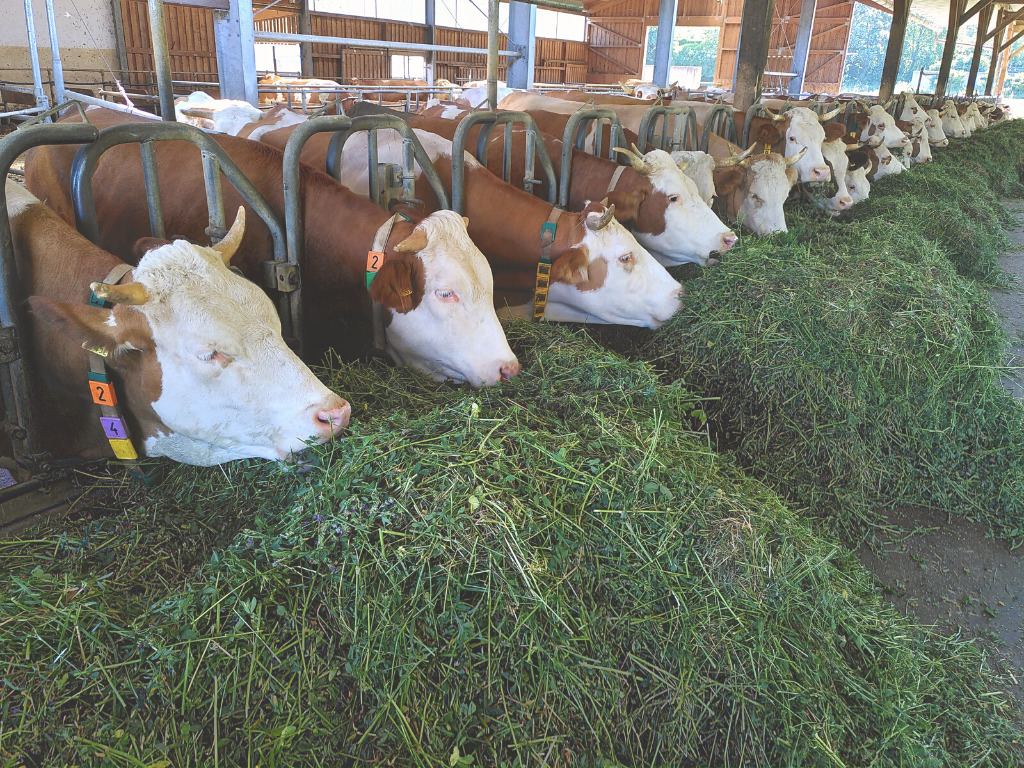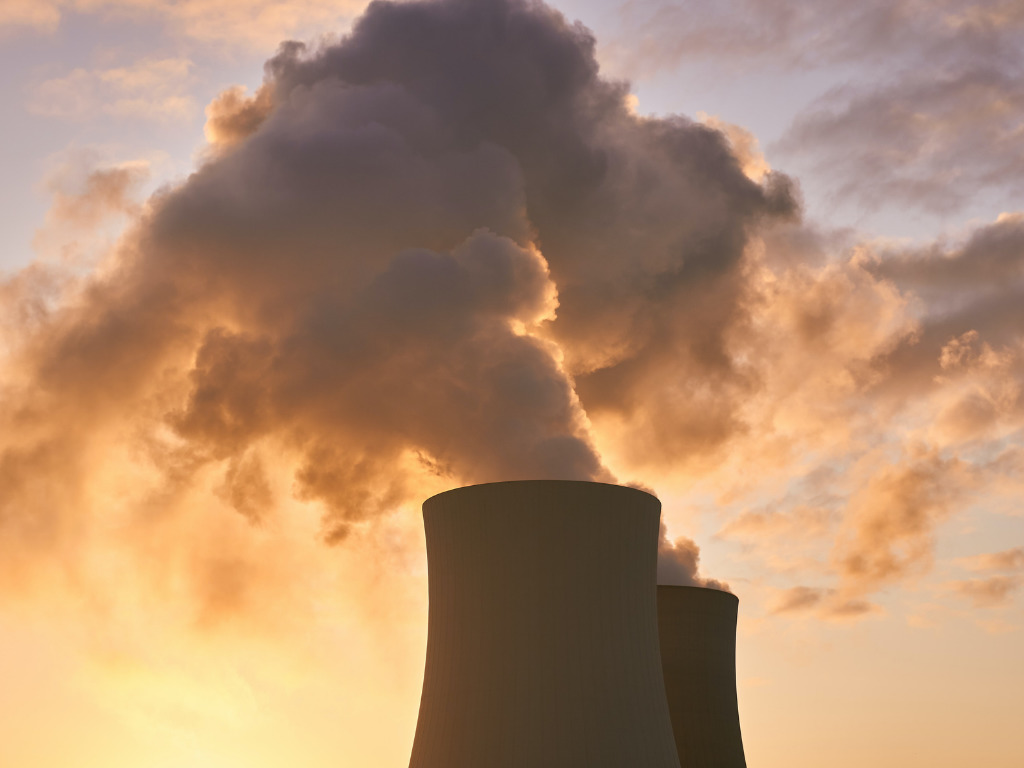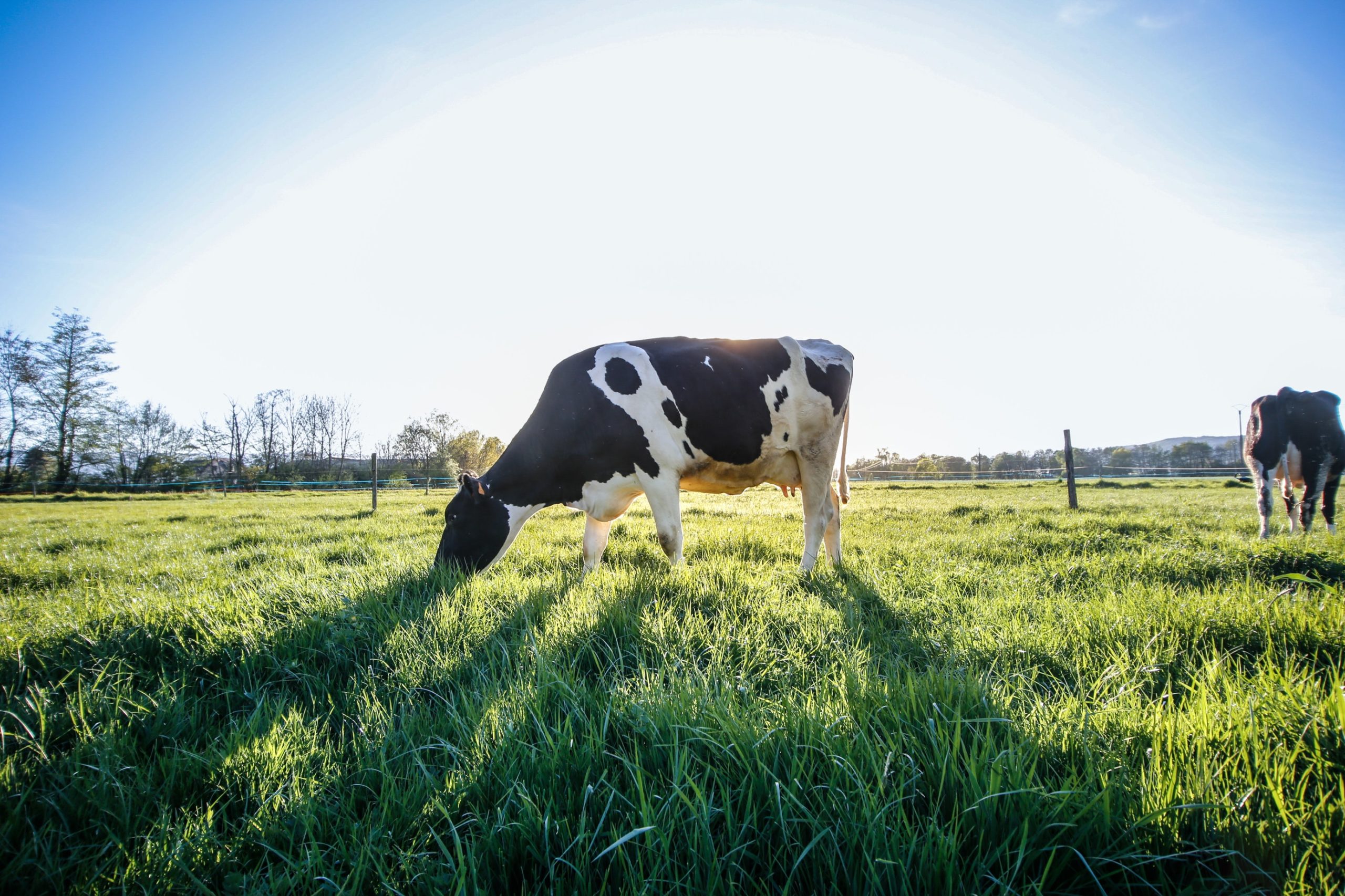George Monbiot, Climate Activists Urge COP27 to Rewild and Embrace Alternative Protein
4 Mins Read
Environmentalist and writer George Monbiot joins climate activists on a new manifesto that lays out a sustainable future where all of the world’s food can be grown in an area the size of London.
According to the United Nations, the global population just surpassed eight billion—eleven years after hitting the seven billion mark. And while global food security has been a concern since the population was half its current size, climate change has exacerbated the issue. The climate group Reboot Food may have some answers.
The group has released a manifesto, penned by Joel Scott-Halkes, former coordinator of Extinction Rebellion U.K., along with environmentalist Mark Lynas, scientist Iida Ruishalme, and environmentalist and writer George Monbiot.
The Reboot Food Manifesto
The manifesto outlines four key principles for “rebooting” the food system: a focus on plant-based; brewed proteins, such as precision fermentation; use as little land and ocean as possible and rewild everything else; and open source “everything” to guarantee a just transition.
According to their calculations, 75 percent of global farmland should be restored to wild lands in order to help fight climate change and protect biodiversity. The group says an area smaller than the size of London, which is just over 600 square miles, could produce enough food to feed the world—all eight billion and growing.

“The mainstream environmental movement’s agricultural policies are making things worse not better,” Lynas said, pointing to organic and ‘regenerative’ farming methods that encourage “agricultural sprawl” and what he says have become smokescreens for the livestock industry. “It’s time for sensible environmentalists to unite behind food production techniques that use less land, not more.”
Animal agriculture is a key driver of climate change, accounting for more than 60 percent of all agricultural emissions. Recent warnings from the Intergovernmental Panel on Climate Change called for urgent and drastic emissions reductions, specifically methane. Livestock production is one of the largest emitters of methane—a gas that traps more heat than CO2.
The Reboot Food campaign launched at COP27, currently underway in Egypt. The group says governments need to end subsidies for animal agriculture and put those funds toward the development of plant-based food instead. They also call for investing 2.5 percent of GDP over the course of a decade into food tech innovation, banning advertisements for carbon-intensive meat, and limiting patents on new food tech.
They’re also calling for more support for tech including gene-editing and precision fermentation. The tech is already being used by companies including Perfect Day, which makes dairy-identical cheese from genetically altered microbes. The group says this type of tech can be produced at large scale in smaller spaces than conventional agriculture and use renewable power sources such as solar and wind, helping move the food system to a more sustainable version of itself without sacrificing the taste and texture of popular animal foods.
The future of protein
According to the group, precision fermentation is more than 40,000 times more land efficient than conventional beef production, which is where the London example comes in. With that type of protein production efficiency, producing enough food for the global population would be easier than ever before. Other recent research looked at the potential from similar algal productions across the global south that could produce enough nutrient-dense food to feed the world.
“We believe that these measures, when combined, will make the food revolution unstoppable and make nutritious and affordable diets accessible to all the world’s people, while at the same time allowing an unprecedented regeneration of natural ecosystems on spared land. It is the single biggest thing we can do to stop and reverse the sixth mass extinction of biodiversity. And it is essential if we are to respect the Paris targets for tackling the climate emergency,” the group wrote.

“We have an opportunity to grow food that is highly nutritious, fast-growing, and we can do it in environments where we’re not competing for other uses,” said Charles Greene, professor emeritus of earth and atmospheric sciences at Cornell and the paper’s senior author. “And because we’re growing it in relatively enclosed and controlled facilities, we don’t have the same kind of environmental impacts.
Writing recently about the climate crisis, Monbiot said the elephant in the room at COP27 “is the cow.”
“But thankfully this time, there really is a recipe for success,” he wrote. “By rebooting our food systems with precision fermentation we can phase out animal agriculture while greatly increasing the amount of protein available for human consumption.”
Lead image courtesy Pexels.



